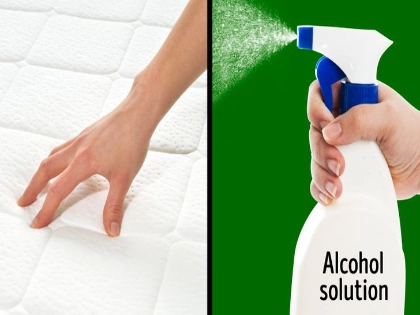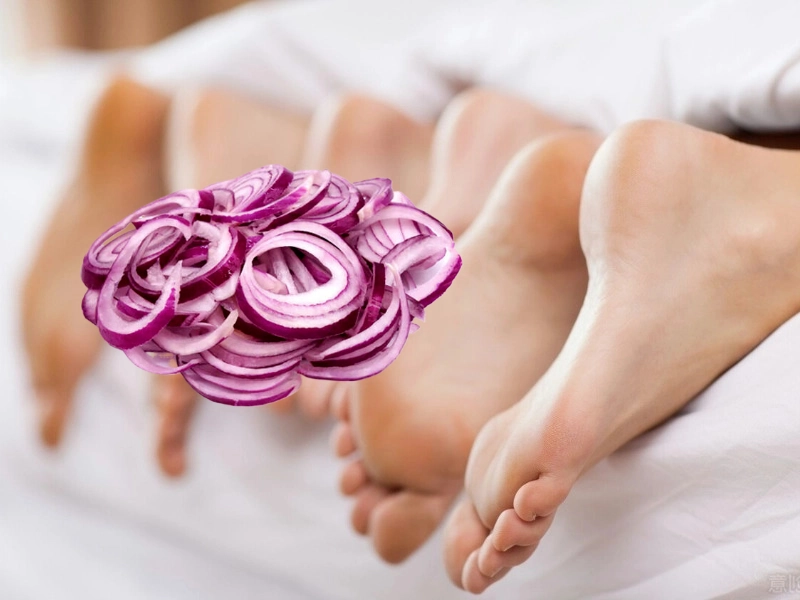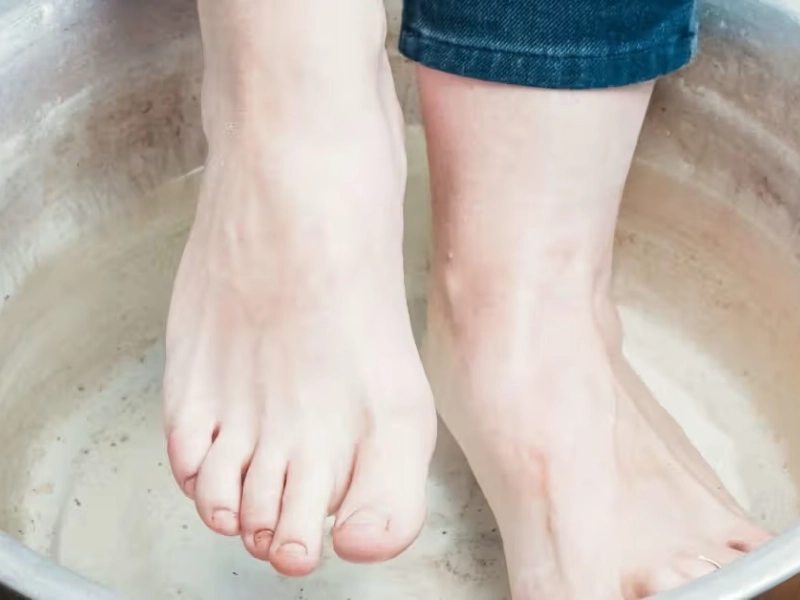10 Things That Shouldn’t Be Dumped Down the Drain
Flours

Flour is a common ingredient found in many kitchens, used for baking and cooking a wide variety of dishes. However, disposing of flour down the drain can lead to significant plumbing issues. When flour mixes with water, it can create a thick, glue-like substance that can adhere to the insides of pipes.
This sticky mixture can easily trap other debris and food particles, leading to the formation of a substantial clog over time. As the flour combines with grease and other waste materials, it can create a dense blockage that is difficult to remove. The accumulation of this "glue" can restrict water flow, resulting in slow drains or even complete blockages that may require professional plumbing assistance to clear.
Furthermore, the risk of clogs increases if flour is frequently washed down the drain, as even small amounts can contribute to the buildup over time. It’s essential to be mindful of how we dispose of flour and consider alternative methods to prevent plumbing problems.















